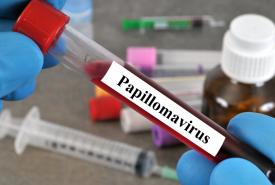Merck winds up development of COVID-19 vaccine
MSD outside the United States and Canada announced that the company is discontinuing development of its SARS-CoV-2/COVID-19 vaccine candidates, V590 and V591, and plans to focus its SARS-CoV-2/COVID-19 research strategy and production capabilities on advancing two therapeutic candidates, MK-4482 and MK-7110. This decision follows Merck’s review of findings from Phase 1 clinical studies for the vaccines.


















